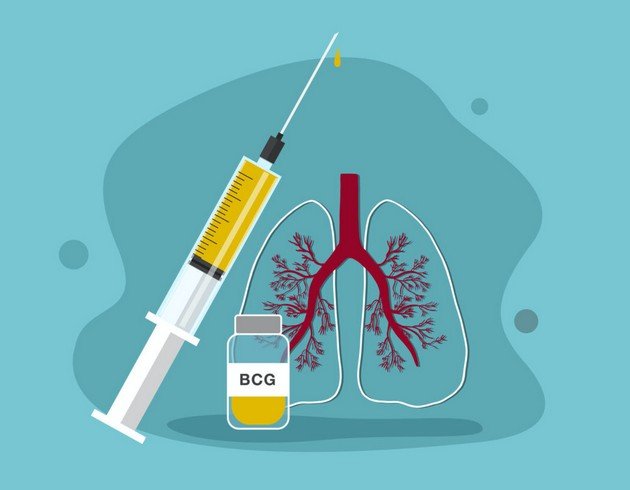Tuberculosis can be a fatal disease if left untreated, but the good news is that with the right therapy, it is almost always curable. What else do you need to know about this disease, which has recently been a current topic in our country?

Tuberculosis is an infectious disease that mainly attacks the lungs, but can also affect other organs, such as the kidneys and the brain.
According to the US Centers for Disease Control and Prevention , not everyone who becomes infected with tuberculosis shows symptoms.
At the same time, if not treated properly, tuberculosis can be fatal.
According to the Mayo Clinic , tuberculosis used to be a rare occurrence in developed countries, but the number of infected people began to increase in 1985. The reason is the appearance of the HIV virus, which weakens immunity.
What causes tuberculosis?
Tuberculosis is caused by a bacterium that is transmitted from person to person through coughing, sneezing, etc.
In most healthy people, their immunity kills the bacteria, so they don’t get tuberculosis.
In some cases, the immune system does not kill the bacteria, but manages to prevent them from spreading throughout the body. Then the person will not show symptoms, but the bacteria will be present in his body.
This is known as latent tuberculosis . People who have latent tuberculosis cannot infect others.
In the event that the immunity cannot even prevent the spread of the bacterium, it will affect parts of the lungs and other organs. Symptoms can begin to develop over a period of several weeks to several months.
This is known as active tuberculosis .
Latent tuberculosis can become active, especially if the person’s immunity weakens.

What are the symptoms of tuberculosis?
Only active tuberculosis causes symptoms, including:
- Coughing for three or more weeks
- Coughing up blood
- Chest pain or pain when breathing or coughing
- Unexplained weight loss
- Fatigue
- fever
- Night sweats
- Decreased appetite
These are symptoms of so-called pulmonary tuberculosis that affects the lungs.
If tuberculosis spreads to other organs, then other symptoms will appear.
For example, tuberculosis of the kidneys can cause blood in the urine.
When should you see a doctor?
If you notice any of the above symptoms, see a doctor immediately.
Also, if you have been in the presence of an infected person, go to the doctor again because it is possible that you have latent tuberculosis.
It is important to treat yourself in this case as latent tuberculosis can turn into active.
It is recommended to see a doctor even if you are at higher risk.
According to the Centers for Disease Control and Prevention , this includes people who:
- They have HIV/AIDS
- They use narcotics intravenously (with a needle)
- Are in contact with infected people
- All in a country where tuberculosis is common
- Live or work in an area where tuberculosis is common, such as prisons and nursing homes
- They work in healthcare and treat people at high risk of contracting tuberculosis

Is tuberculosis curable and how can you protect yourself?
Tuberculosis is a dangerous disease because it becomes more resistant to the drugs used to treat it.
However, with proper treatment, the disease is almost always cured.
Several types of antibiotics are commonly used for treatment because some types of tuberculosis are resistant to certain antibiotics.
If you are taking antibiotics for tuberculosis, it is especially important to finish the course and take it exactly as prescribed.
Otherwise, it may be ineffective.

If you are being treated for tuberculosis, it is important to be careful not to infect anyone else.
In this case you should:
- Do not go to work or school until the doctor allows it
- Always cover your mouth when you cough, sneeze or laugh
- Dispose of the tissues you use in a well-sealed plastic bag
- Regularly ventilate the room in which you sleep and stay
- Avoid sleeping in the same room with other people
As a prevention of tuberculosis, in many countries, including our country, the BSG (besegue) vaccine is used.
The vaccine is given to newborns, up to the first year of life.
Sometimes the vaccine is given to people up to the age of 35 if they are at high risk.
According to the NHS , the vaccine is not routinely given to people over the age of 35 because there is no evidence that it is effective in them.
